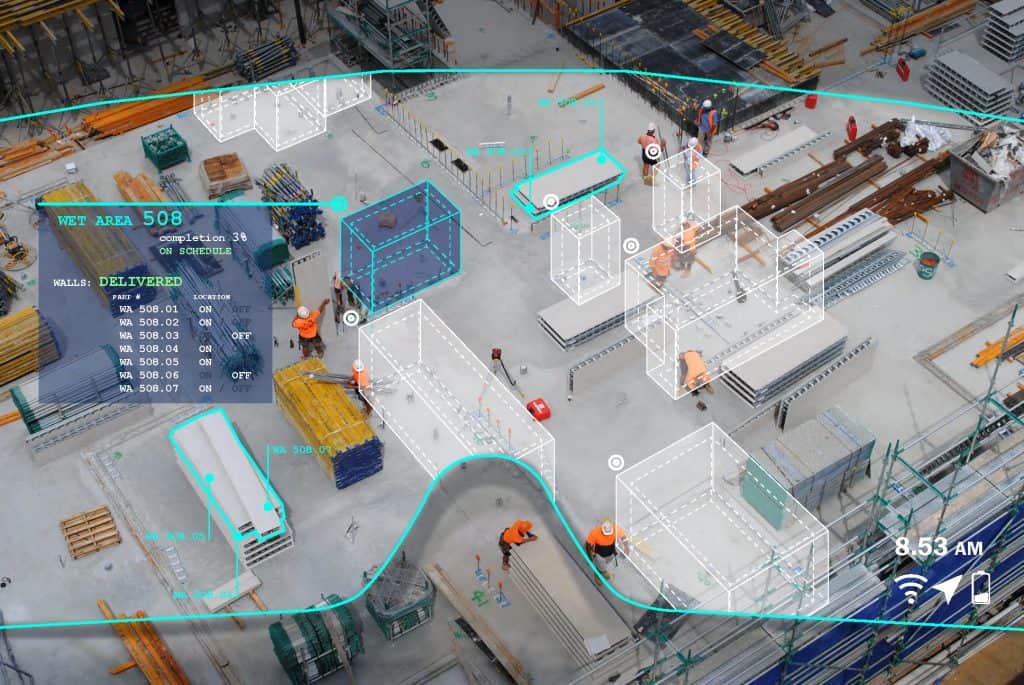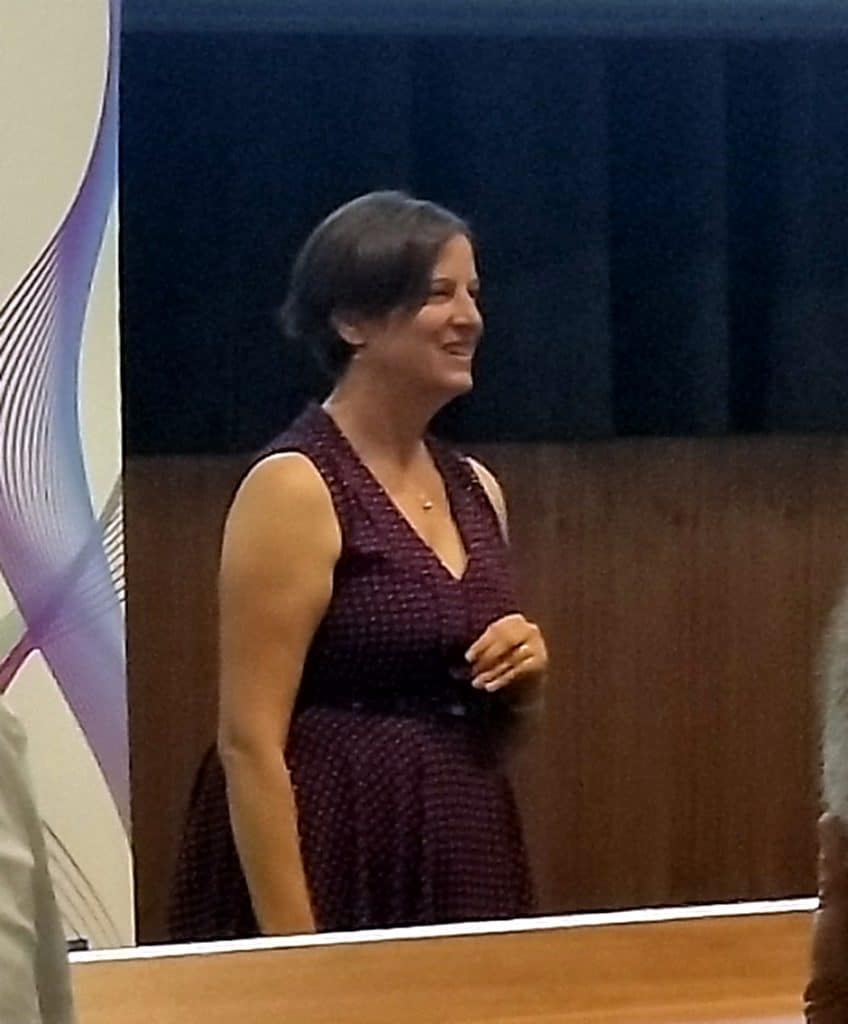
As parts of the world begin to emerge from the disruption and lockdowns of COVID19 some academics and experts are advising that the future must be built on the past but should not seek to replicate it. Over a dozen prominent, global academics (listed below) have written a discussion paper to be published in the Economic & Labour Relations Review (ELRR) in June 2020 entitled “The COVID-19 pandemic: lessons on building more equal and sustainable societies” which includes discussion on workplace relations and factors affecting mental health at work. These big picture discussions are essential in the development of strategies and policies for the post-COVD19 world and occupational health and safety (OHS) has a legitimate, and some would say unique, voice.





